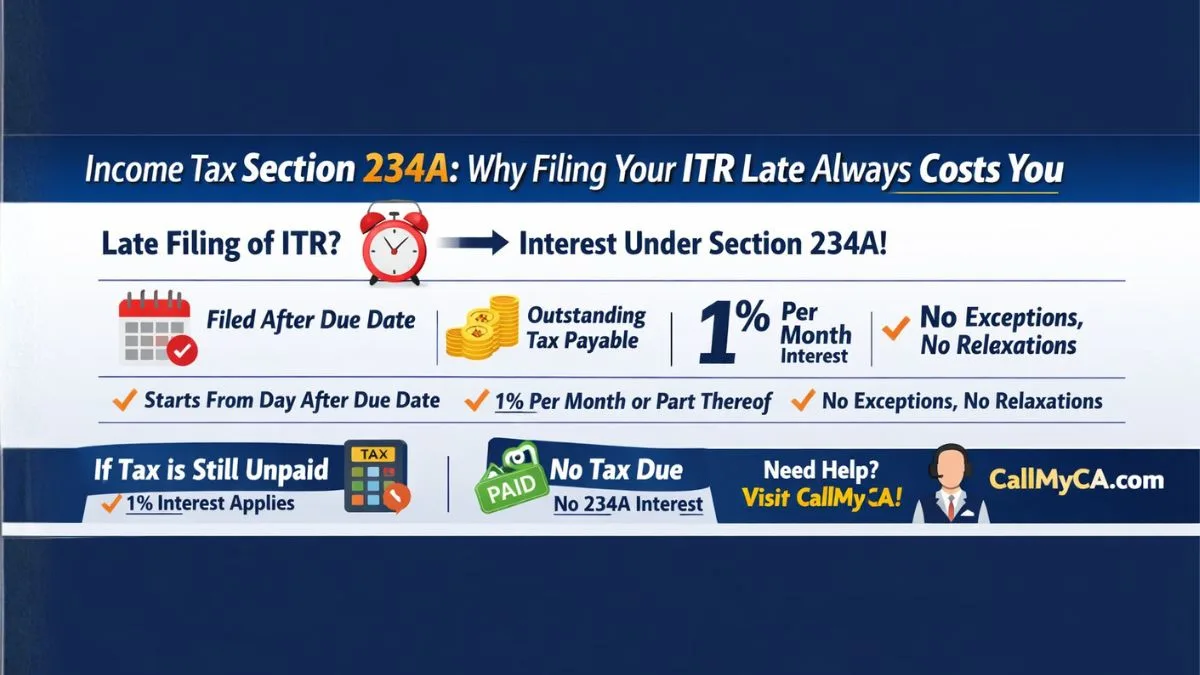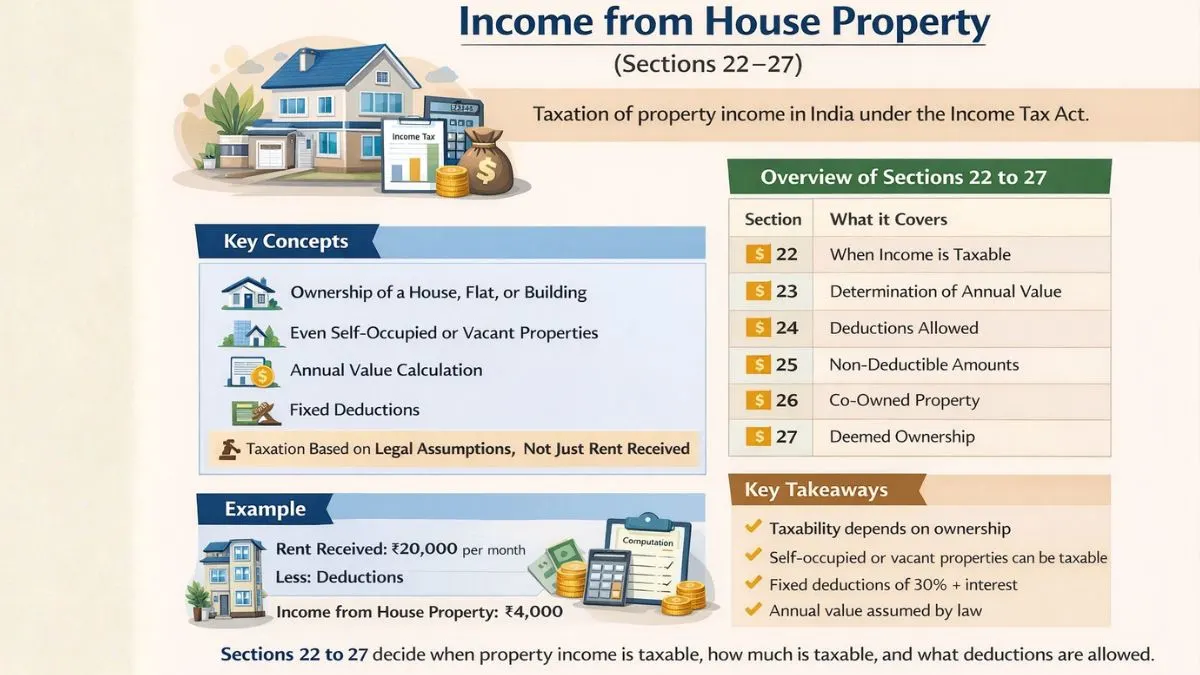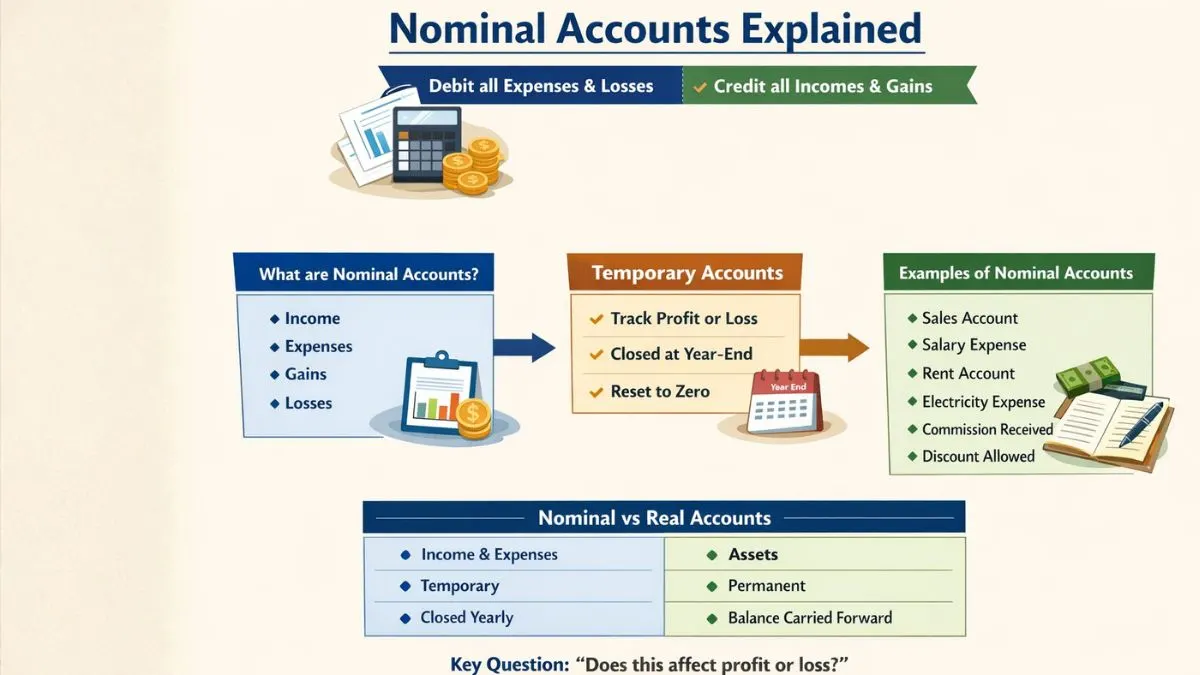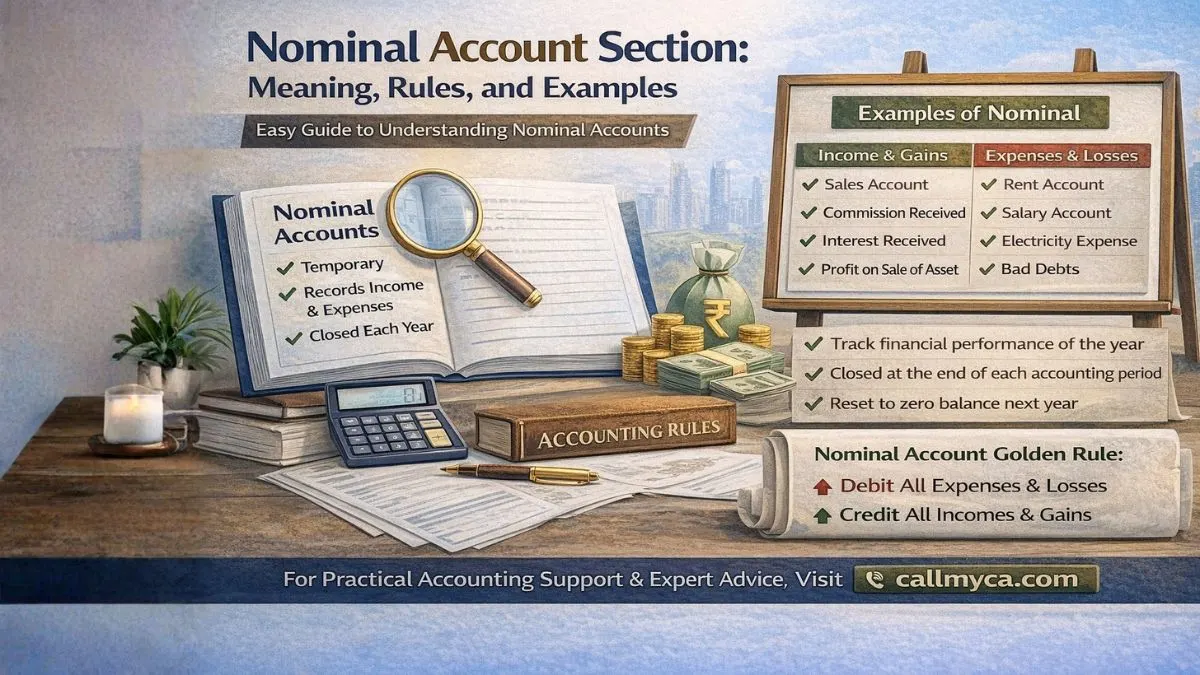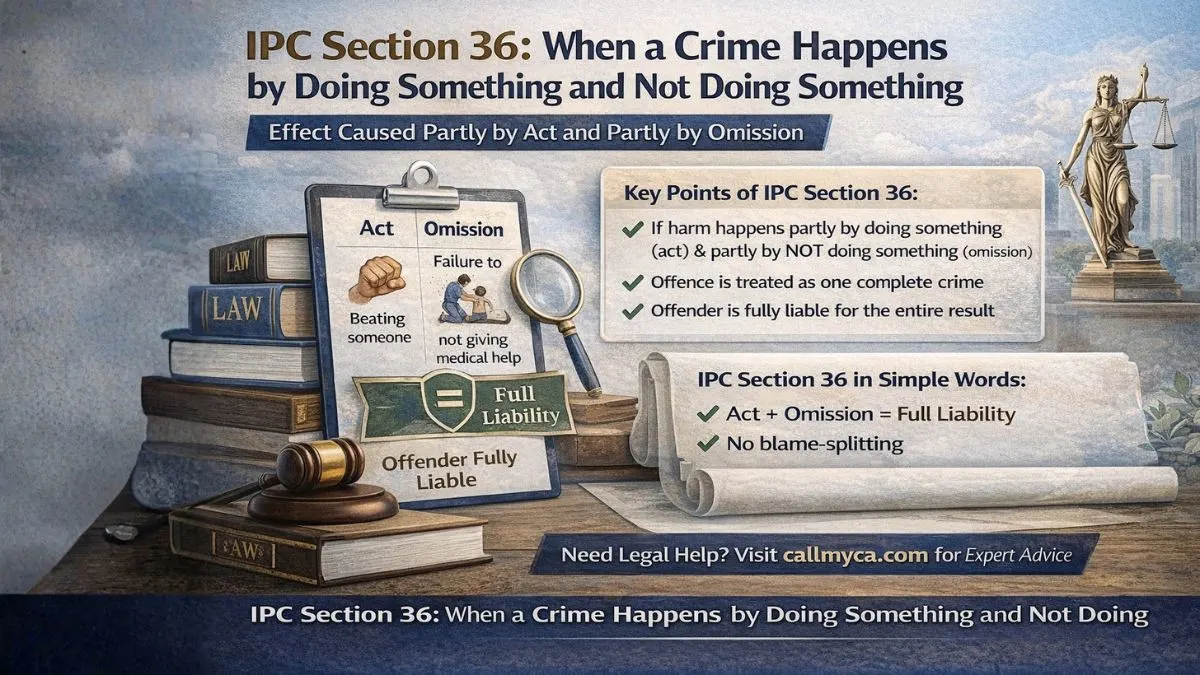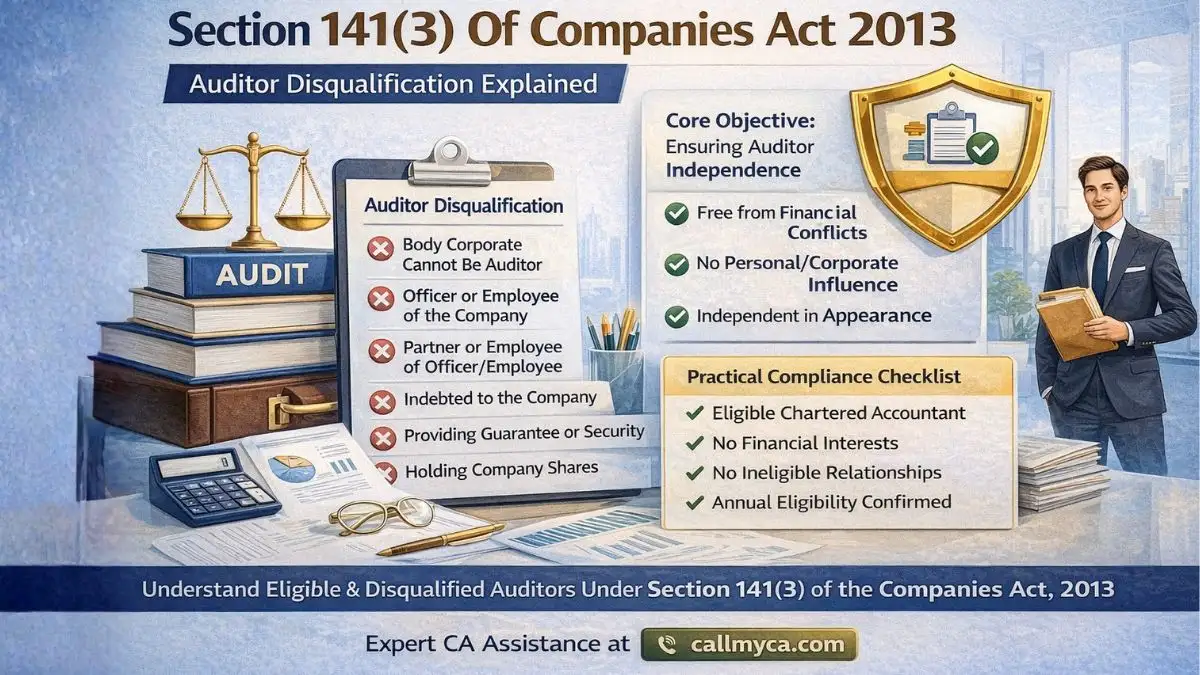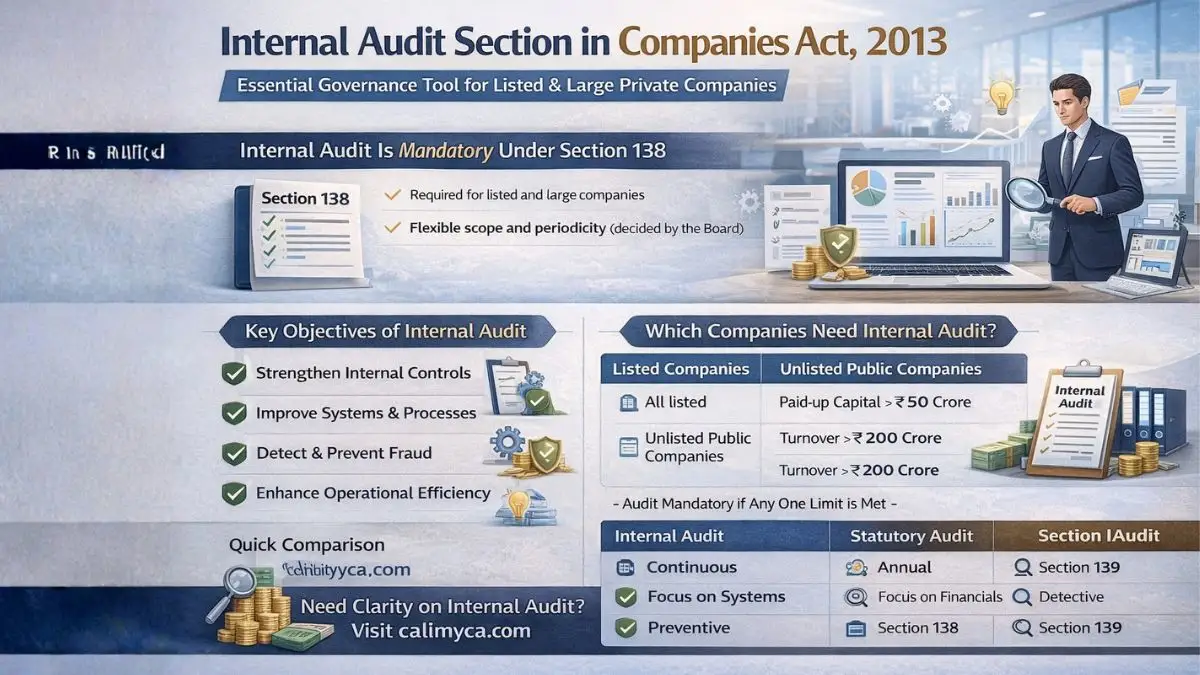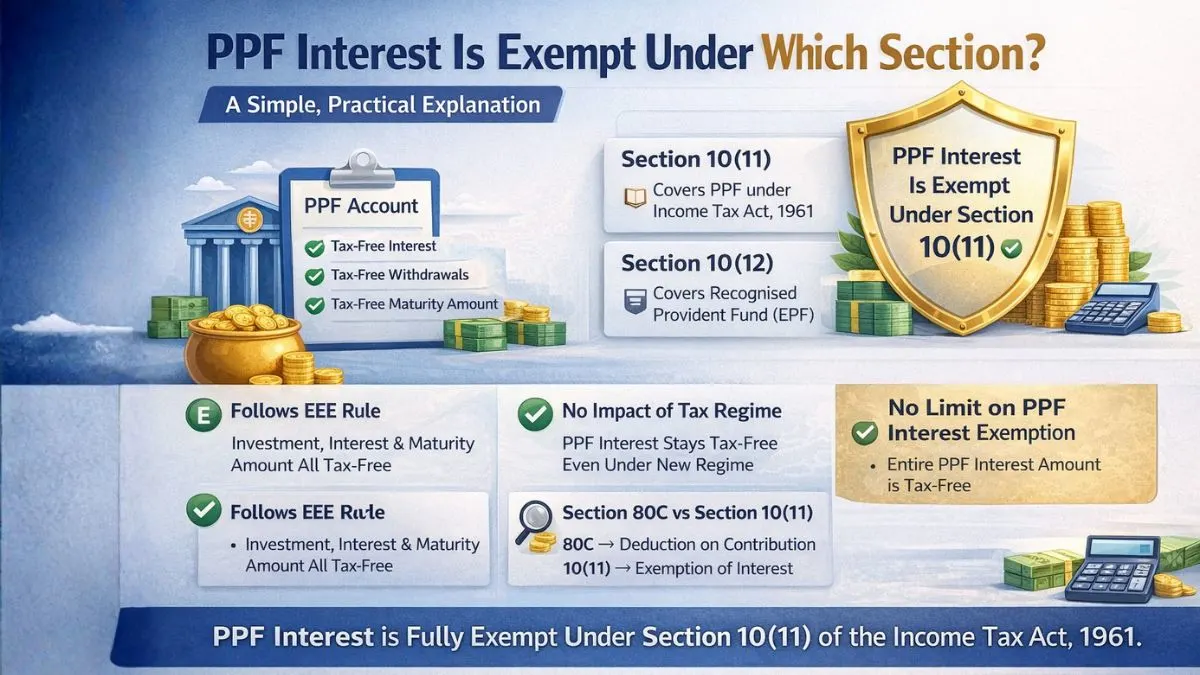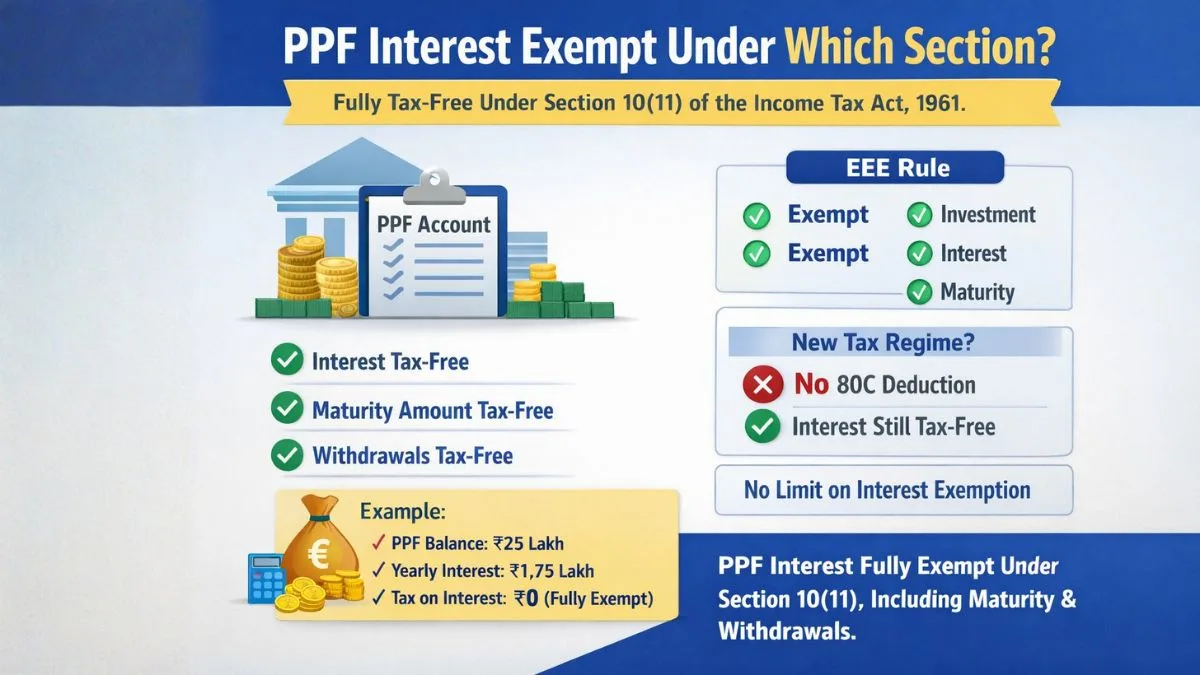
Introduction
Capital gains tax can significantly reduce your profit when you sell a long-term asset like land, gold, or mutual funds. However, if you plan to reinvest that amount in a residential property, you may be eligible for exemption under Section 54F of the Income Tax Act, 1961.
This provision is particularly useful for individuals and Hindu Undivided Families (HUFs) who are selling capital assets other than residential houses.
Let us understand how Section 54F works, who can claim it, and what conditions are required to enjoy the benefit.
What Is Section 54F of the Income Tax Act?
- Provides exemption from long-term capital gains (LTCG) tax
- Applicable when net sale proceeds from a long-term capital asset (not being a residential house) are reinvested into a residential house property in India
- The purpose is to encourage reinvestment into real estate and reduce tax burden
Eligibility Criteria to Claim 54F Exemption
To claim the exemption:
- The sold asset must be a long-term capital asset (land, gold, or shares held for over one year)
- The seller must be an individual or HUF
- The entire net sale consideration (not just the gain) must be reinvested into one residential house in India
- The new house must be:
- Purchased within one year before or two years after the date of sale, or
- Constructed within three years from the date of sale
- On the date of sale:
- The taxpayer must not own more than one other residential house
- The taxpayer must not purchase or construct another house within two or three years respectively
Example to Understand Section 54F
- Sale price of a vacant plot: Rs. 80 lakh
- Indexed cost of acquisition: Rs. 20 lakh
- Long-term capital gain (LTCG): Rs. 60 lakh
- Investment in residential property: Rs. 50 lakh
Calculation:
- Exempt LTCG = Rs. 60 lakh × (50 lakh / 80 lakh) = Rs. 37.5 lakh
- Taxable LTCG = Rs. 60 lakh - Rs. 37.5 lakh = Rs. 22.5 lakh
If the full Rs. 80 lakh was invested, entire Rs. 60 lakh would be exempt.
What If You Have Not Purchased the House Before the ITR Filing Date?
If the property is not purchased or constructed by the due date of return filing:
- Deposit the sale amount into a Capital Gains Account Scheme (CGAS) with a scheduled bank
- This allows you to claim the exemption in the current year, even if the purchase is done later
- Failure to deposit the amount before the ITR filing due date disqualifies the exemption, even if you buy the property afterward
Frequently Asked Questions
Can I invest in two houses under Section 54F?
No. The exemption is available for investment in only one residential house located in India.
Can NRIs claim Section 54F?
Yes. NRIs are eligible, provided the new house is situated in India.
What if I sell the new house within 3 years?
The exemption will be reversed, and the previously exempt capital gains become taxable in the year of sale.
Is Section 54F applicable for sale of agricultural land?
- Urban agricultural land is treated as a capital asset, so 54F applies
- Rural agricultural land is not a capital asset, so Section 54F does not apply
Common Mistakes to Avoid
- Investing only the capital gain instead of the full sale consideration
- Owning more than one house on the date of transfer
- Not depositing funds in CGAS before the ITR due date
- Buying property outside India
- Selling the new house within 3 years of purchase or construction
Relevant ITR Reporting
To correctly claim the exemption:
- Use ITR-2 or ITR-3, based on your source of income
- Report under Schedule CG (Capital Gains) in the section titled "Capital Gains Exempt under Section 54F"
- Mention:
- Date of sale
- Indexed cost
- Investment amount
- Exempt capital gain
Final Thoughts from a Chartered Accountant
Section 54F is one of the most effective legal provisions for saving long-term capital gains tax.
However, the conditions around ownership, timing, and documentation are strict. One mistake — such as not depositing in CGAS or buying a second house — can result in complete disallowance of the exemption.
Need Help Claiming Section 54F or Calculating Capital Gains?
At CallmyCA, we offer:
- Accurate calculation of long-term capital gains
- Structuring your investment to maximize exemption
- Filing of returns with proper disclosures
- Guidance on CGAS deposit and documentation
Click here to book your capital gains tax consultation via CallmyCA

